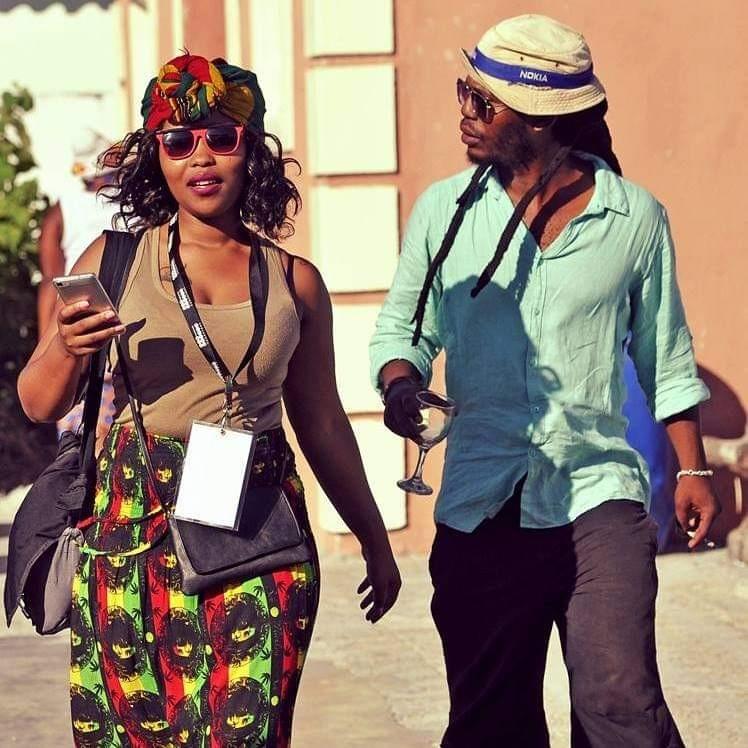
It all started back in 2016. I was attending a march outside Parliament when I met a journalist whose name, embarrassingly, I can’t remember anymore. (Yes, I’m cringing too.) Anyway, this journalist and I formed a bond, and he happened to be covering a story on Marcus Garvey, a Rastafarian community in Philippi, Cape Town. Little did I know, that day would forever change my life.
I went with him to the community, and from the moment I stepped in, I was captivated. The women and children, in particular, touched my soul. Their warmth, strength, and energy were unforgettable. At the time, I wasn’t involved in politics, nor was I leading The Great People of South Africa, my community-based organization. I was just a young person with no idea that this moment would become a cornerstone in the journey that shaped who I am today. The Rastafarian community nestled itself in my heart, and their influence never left me.
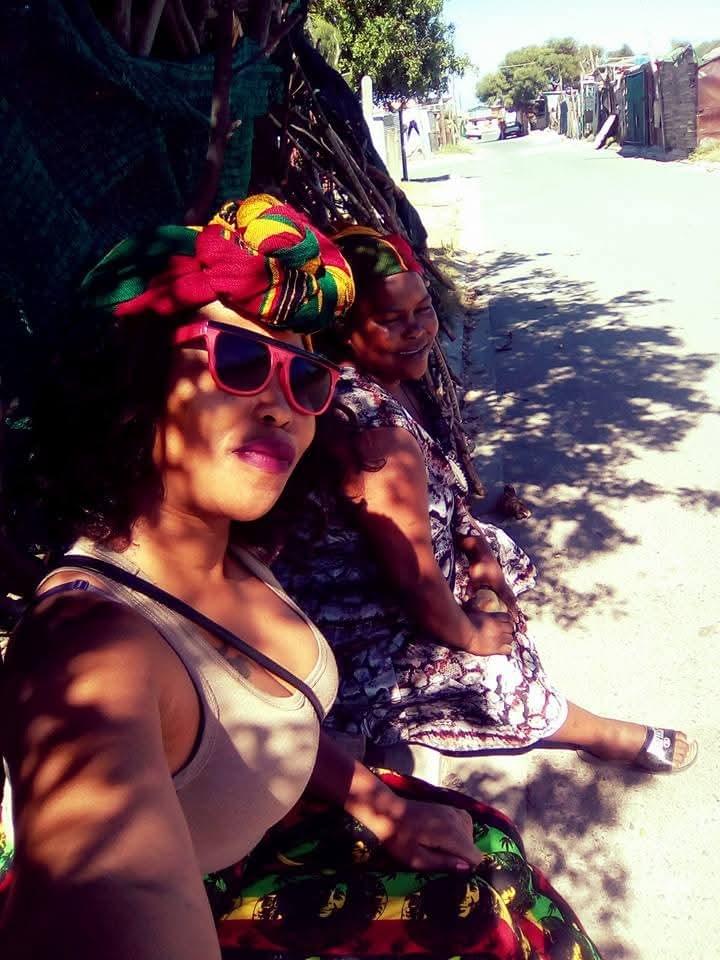
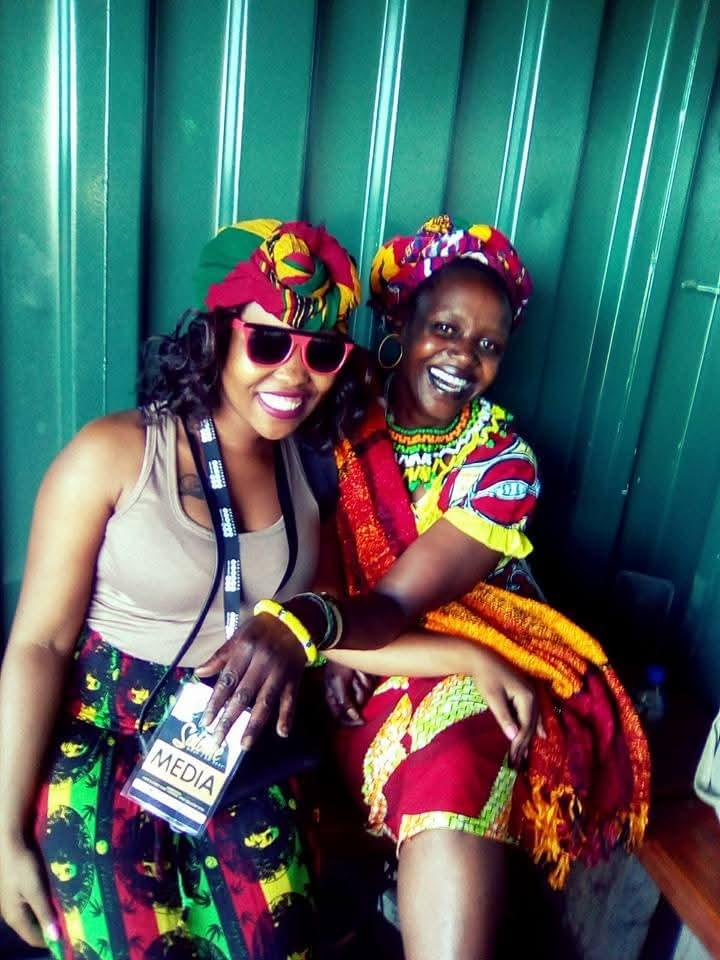
Fast forward to 2022. I was waiting for a taxi in Khayelitsha, and for days prior, the Rastafarian community had been on my mind. By this point, I was knee-deep in politics, having been appointed as the Women's Forum Provincial Chairperson, and campaigning for the 2024 General Elections, but something bothered me: no political party seemed inclusive enough to engage the Rastafarian community meaningfully. And then—call it fate—a taxi pulled up, driven by none other than a Rastafarian. Talk about divine timing! He picked me up and drove me to Site C taxi rank.
During the ride, I mentioned my desire to reconnect with the community, especially to rally women to participate in politics. The driver suggested I visit a group that meets every Sunday in Site B, at a place called Khaltari. We exchanged numbers, and he promised to pick me up the following Sunday. True to his word, he showed up, and off we went to Khaltari.
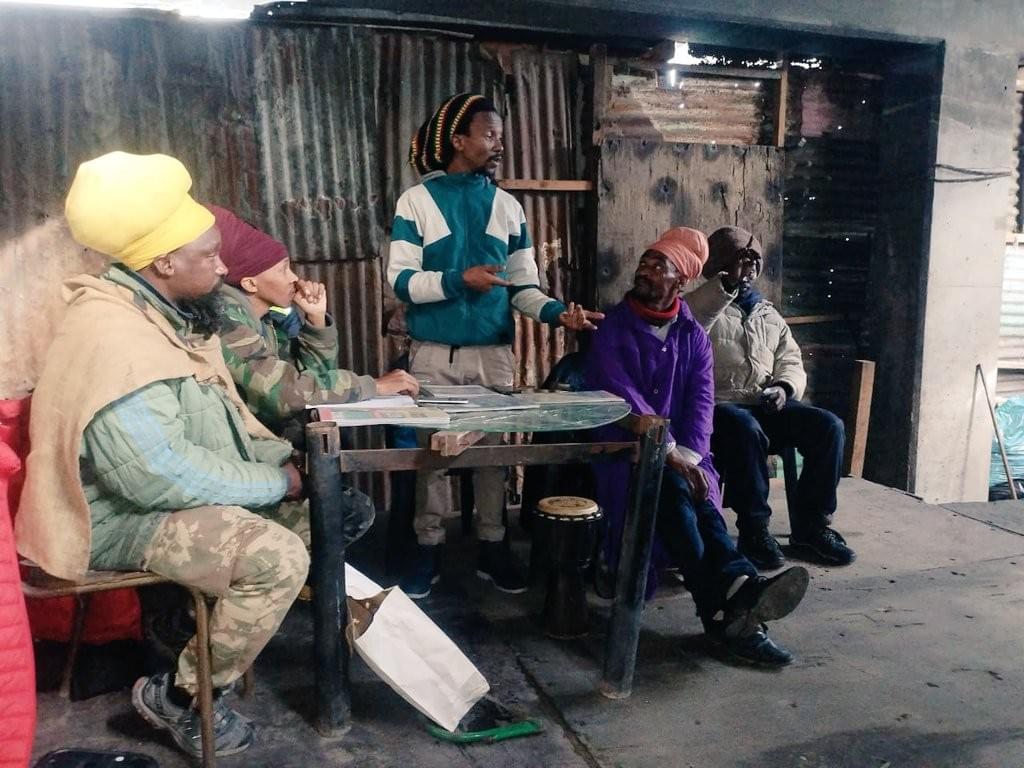
When we arrived, I was greeted by some incredible men. But wait—where were the women? During introductions, I couldn’t hold back. I asked, “Where are the women?” One man stood up and, with a completely straight face, said, “You see now? I thought we agreed not to allow women in here, especially women like this one. She talks too much!” Haibo! Before I could even respond, another man interjected, “No, you cannot speak like that because you know very well that Ini values women, and your attitude is unacceptable.”
Well, long story short, that first man and I eventually became great friends. He went from trying to keep women out to jokingly calling me his “consultant on all things women.” Growth, right? Weeks into attending these Sunday gatherings, I found myself not just participating but actively contributing to their work. The group was in the process of formally registering under the NPO Act, and who better to help than someone like me, already leading a registered organization? I knew the ropes and helped them draft their constitution, starting what would become an inspiring journey together.
At first, there were no women attending the gatherings. But with my knack for convincing people to do the unusual, things began to change. Slowly but surely, women started showing up. This marked a turning point. I advised the group to include women on their board—a revolutionary idea for them at the time. They embraced it, and soon, they were introducing me to other incredible women in the community. We clicked instantly, like a house on fire.
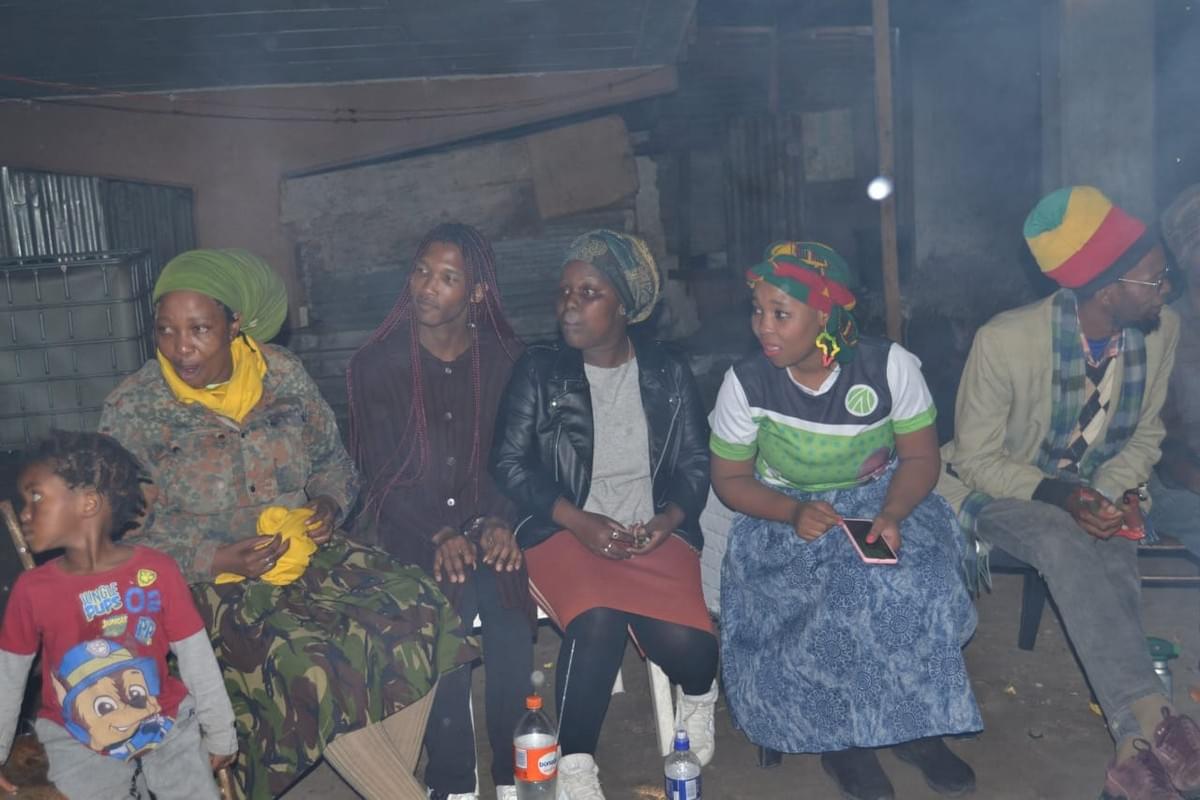
I became a welcomed presence in their space. Though I’m not Rastafarian, they valued my opinions and respected my contributions. Together, we have danced, sang, prayed, and yes, even shared a few joints—because what’s a true Rastafarian gathering without some herb? (Don’t judge; it’s all part of the culture!)
I’m so proud of the Khaltari community. Their resilience in the face of adversity inspires me daily. Their organization, the Rasta Community Movement, does amazing work, but they need funding to sustain their activities. Some of the issues they are passionate about include education that aligns with their beliefs in Jah and Ini, healthcare access, and the availability of traditional medicine, especially the remedies they produce themselves.
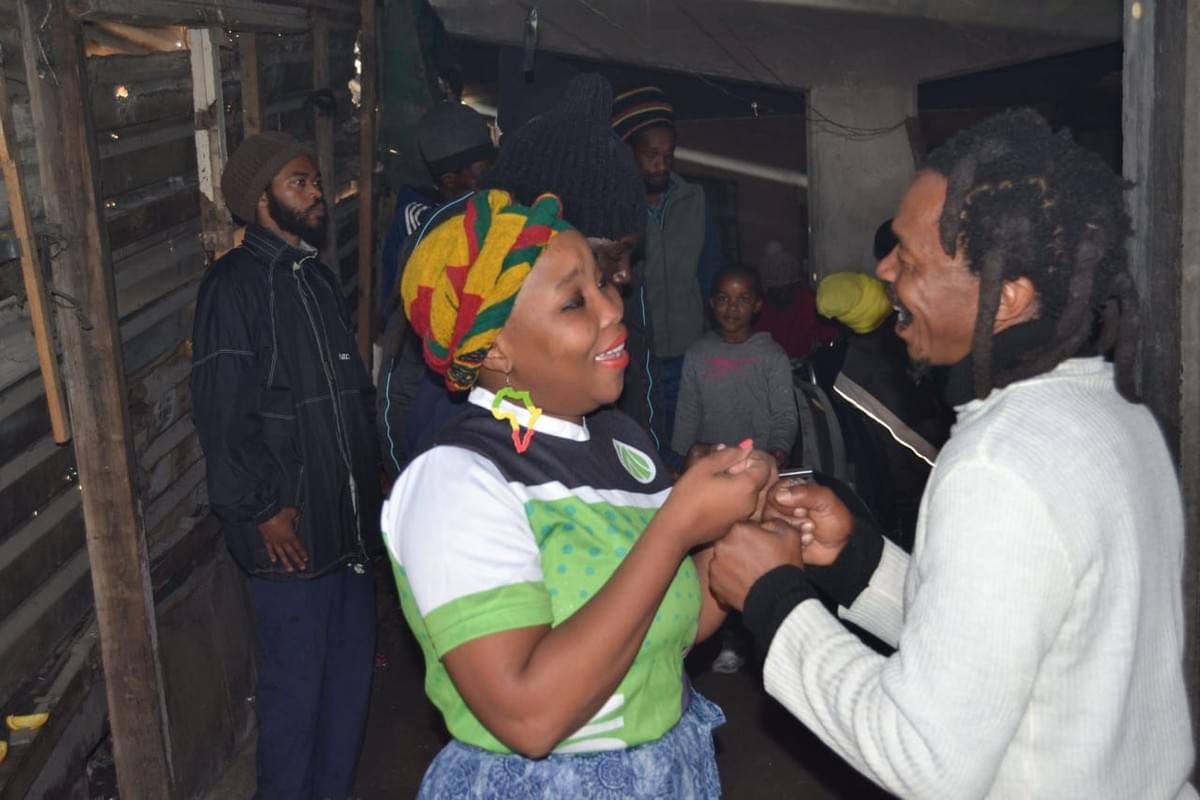
They also advocate for dedicated stalls where they can sell their artwork without harassment. And, of course, the legalization of marijuana remains a burning issue. On this, I stand with them wholeheartedly—the South African government must come right and accommodate the Rastafarian community. They form part of our democratic nation. Just do the right thing please. Bathong!!
The Rastafarian philosophy is deeply rooted in love, respect, and a connection to nature and spirituality. Spending time with them has enriched my understanding of inclusion and diversity, and it has reaffirmed my belief in the power of community.
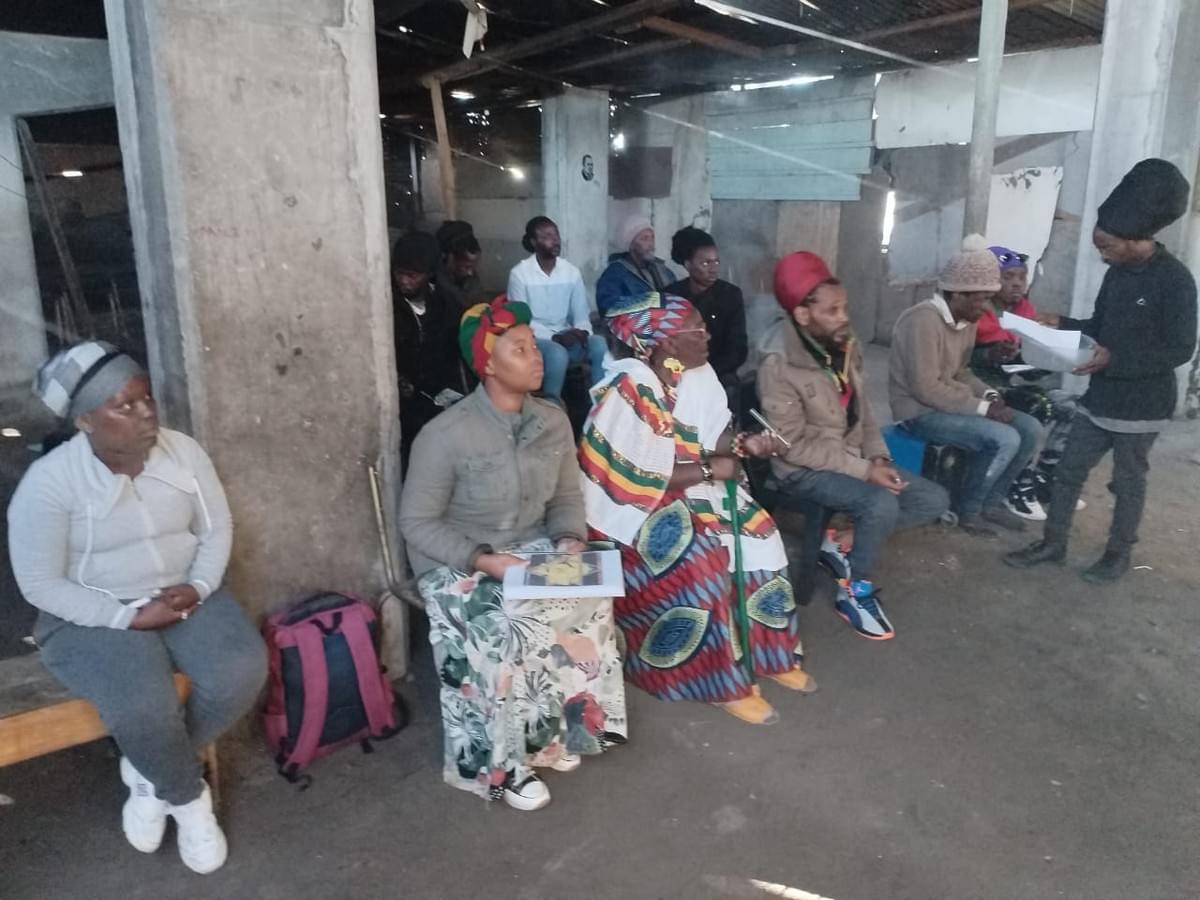
They have not only welcomed me but taught me so much about resilience, unity, and staying true to one’s beliefs. To the Khaltari community, I see you, I honor you, and I’ll continue standing with you in your fight for recognition and equality.
As we march forward, let us celebrate the uniqueness of every community and remember that inclusion is the cornerstone of progress.
Jah bless!

